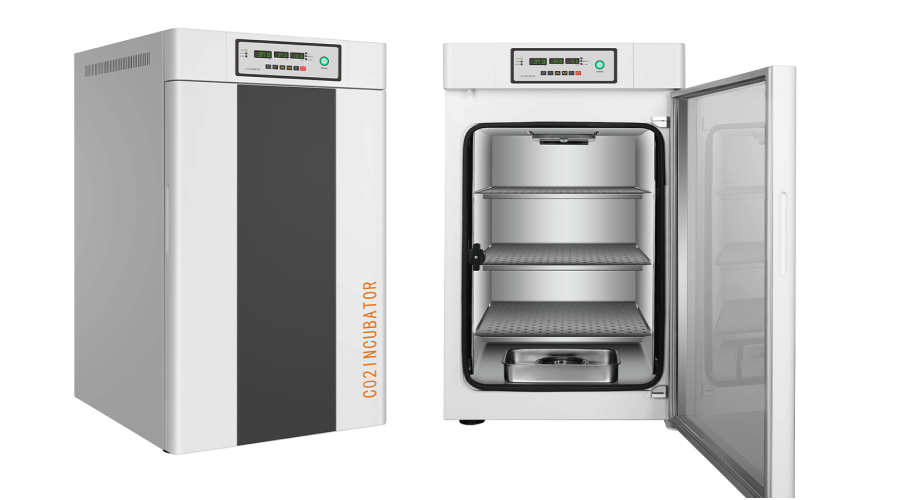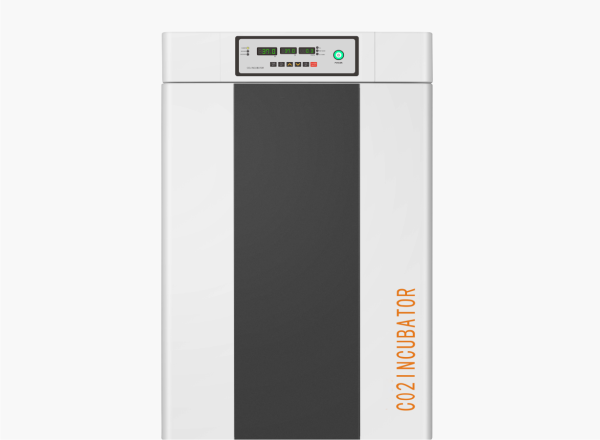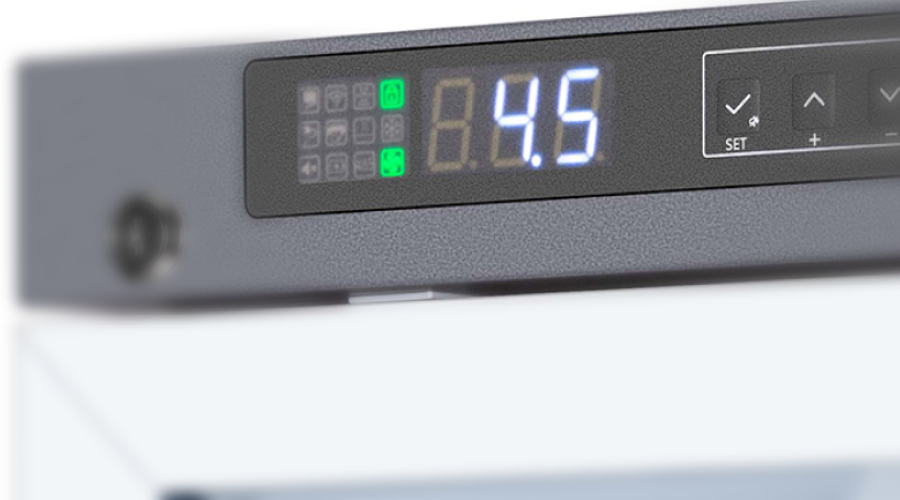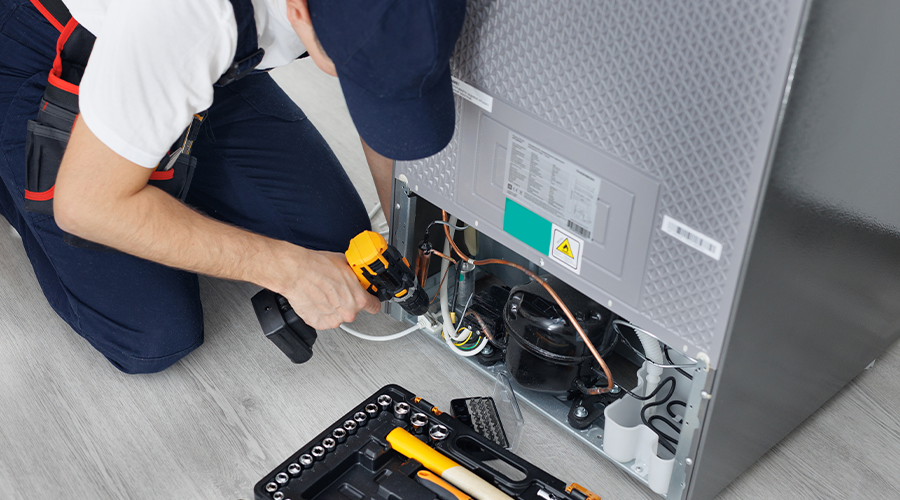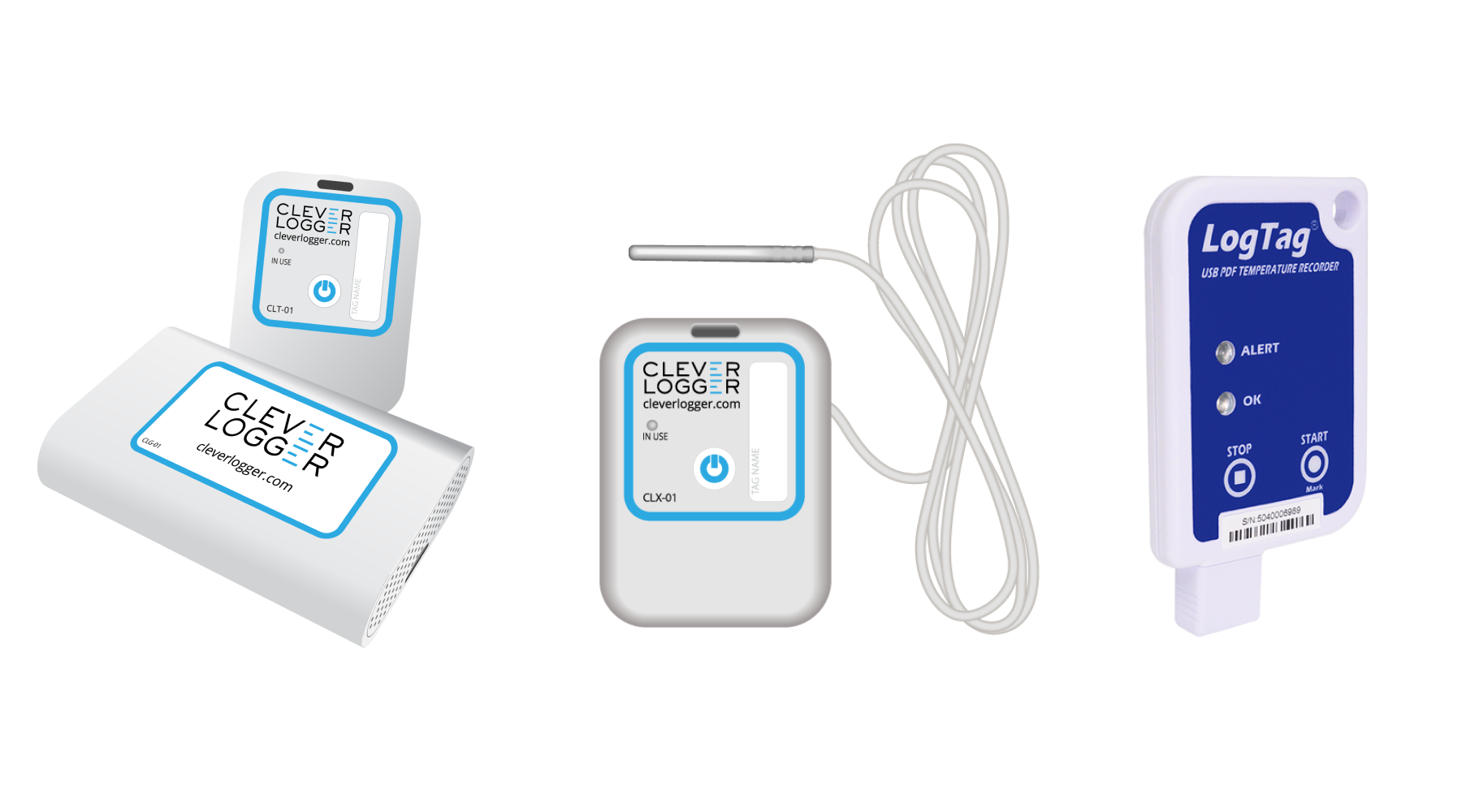When we cultivate the tiniest of life forms, from bacteria to cells, we can achieve serious breakthroughs. From cancer research to the continued development of new antibodies and vaccines. Incubators are at the heart of all this valuable research, providing the perfect conditions that allow microbiological cultures to thrive. Incubators are equipped with precise control over temperature, humidity, and CO₂, along with additional features that enable remote monitoring and data collection. These storage systems have been widely used across fields in vaccine development, environmental science and studies into food and beverage.
Whether you are a newcomer or a veteran researcher, our guide will unpack everything you need to know about incubators, including the different types, functions and how to make the right selection.
What is an Incubator?
An incubator is a type of chamber system that is specifically designed to maintain the environmental conditions needed for the safe growth of microbiological or cell cultures. Incubators can create this environment with precise control over temperature, humidity and oxygen levels. These systems are commonly found within laboratories and research centres, where they contribute to the development of scientific research.
Incubator Functions
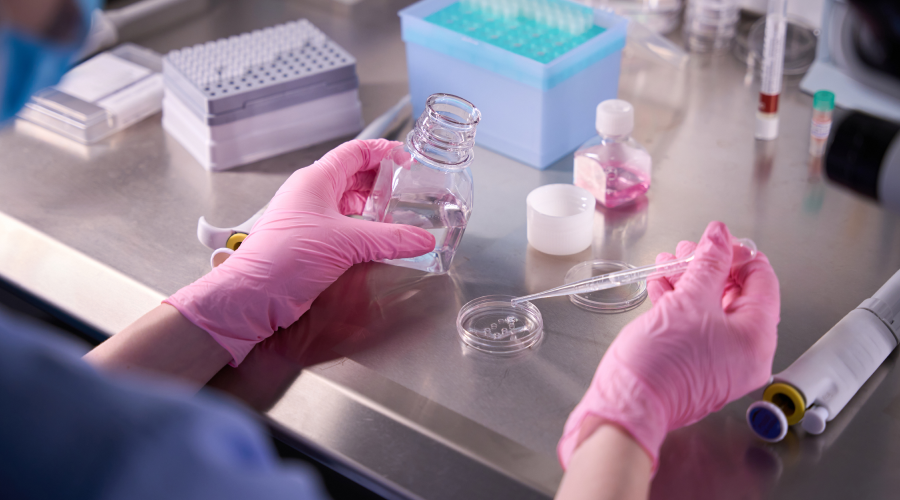
Due to their design, Incubators can serve several different functions. These typically include the following:
- Temperature Control
An incubator can maintain strict control over temperature. This function is an essential feature of all incubators, and is carried out due to a sophisticated temperature control system featuring sensors, heaters and a cooling unit to regulate internal temperature. - Humidity Control
One of the most unique functions of an incubator is its ability to adjust different humidity levels. An important part of keeping your samples properly hydrated and nourished. Your system can achieve these varied humidity levels with a control mechanism that incorporates water tanks and sensors to adjust moisture levels inside. - CO2 Levels
There are certain samples that require a specific concentration of CO2 or oxygen to be stored correctly. For example, to stimulate the growth of mammalian cells, your incubator needs to maintain internal CO2 levels of around 5%. Incubators can maintain these levels through optical sensors that monitor for any changes in CO2. - Sterile Environment
The types of samples that incubators’ house are highly susceptible to contamination. To combat this, incubators are usually fitted with features such as UV sterilisation, which uses light to eliminate any airborne microorganisms. - Data Recording and Remote Monitoring
The incubators of today are designed to allow research professionals to accurately monitor and record data. They achieve this through a system of in-built sensors and data loggers which continuously monitor data on environmental conditions, such as temperature or humidity. Professionals can check this information via their incubator’s digital interface or through cloud-based transmissions to their devices. This gives them convenience, as they can ensure conditions are being maintained, even when they are not physically near the incubator.
Different Types of Incubators
Within the medical field, you may encounter several different types of incubators. These include the following:
- CO₂ Incubators
This type of incubator is designed specifically to create the perfect conditions for cells to grow and survive. It’s called a CO₂ Incubator because of the way it regulates CO₂ levels to approximately 5%, which reflects the same conditions that cells experience inside the human body. The types of cells that are grown in these incubators are vital to the creation of antibodies, vaccine production and other medical research. - BOD (Biochemical Oxygen Demand) Incubators
These incubators are used by professionals to measure the amount of oxygen microorganisms consume in water samples. They are set at a low temperature, usually between 20°C and 25˚C, while being completely sealed off from external light or air. This helps to ensure that the only oxygen a microorganism is gathering is coming from the water sample. The measurements these incubators provide make them invaluable to water treatment and environmental monitoring industries. - Shaker Incubator
There are certain samples that need continuous agitation, which helps to ensure nutrients are evenly distributed and enough oxygen is supplied to the cells. Often used in the cultivation of bacteria, yeast and fungi. A shaker incubator can continually vibrate your samples to reflect the natural movement of cells, with the ability to manually adjust the speed and intensity depending upon the situation. - Anaerobic Incubators
This is the type of incubator you’ll need to store and cultivate anaerobic microorganisms. This storage system can maintain an oxygen-free environment, which is essential for producing the optimum conditions for anaerobic microorganisms to thrive. They are typically fitted with an airtight seal, with humidity and temperature controls. - Refrigerated Incubator
These are necessary for any materials that need to be stored at or below ambient temperatures. They are fitted with an active cooling system, which ensures they can actively alter their temperature between ranges of 0°C and 30°C. Useful for handling food matter, soil germination and other biochemical research which requires refrigeration.
CO₂ Incubators
Vacc-Safe incubators provide a safe, reproducible growth environment for cell cultures with unsurpassed natural simulation to ensure optimum growth conditions at all time.
- Incubates at Room Temperature and 5 – 60°C
- 125°C Dry-heat Sterilization
- Precise temperature control within +/- 1 degree variance
- 304 Stainless Steel Interior
- Inner glass door
Applications of Medical Incubators
Incubators support a wide range of applications, including the following:
- Microbiology
By creating the conditions necessary for growth, Incubators support a greater understanding of the interactions of different organisms and bacteria. This facilitates findings into pathogen identification, antibiotic resistance and environmental interactions. - Vaccine development
With us all experiencing the recent COVID-19 pandemic, we are more aware now than ever of the importance of vaccines. Incubators are essential to their creation because they can create an environment for the cultivation of the virus or bacteria for vaccine development. - Cell Culture
For cells to survive, they need an environment with a controlled level of temperature, gas and humidity. Incubators are perfect for this because they are specifically designed to control these environmental factors. Maintaining cells in vitro supports new research into cancer and the development of medicine. - Environmental Science
As previously mentioned, BOD incubators can support research into water treatment and the health of aquatic systems. These incubators provide the conditions to allow professionals to measure the amount of oxygen consumed by microorganisms, which is a key indicator for water quality. - Food and Beverage
Incubators can create environments for bacteria, yeast and other microorganisms to be cultivated from food and beverage samples. This helps researchers ensure hygienic standards to understand how food and beverages spoil over time.
Factors for Choosing the Right Incubator
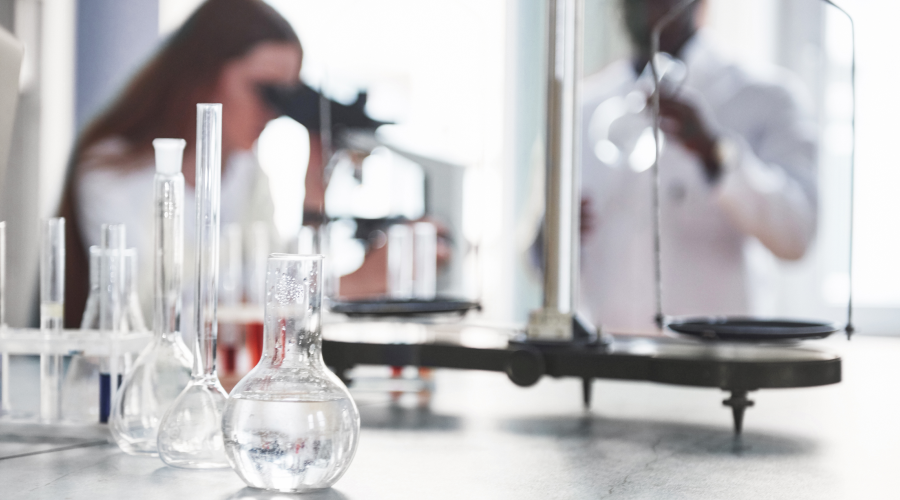
Depending upon your application, you will need to choose the right medical incubator. For example, you may be a larger laboratory researching cell culture, or a well-financed team looking for a top-of-the-line system to develop vaccines. To help you choose the right medical incubator, consider these factors:
- Size
You’ll want to find an incubator that’s the right size for the needs of your facility. For example, you may be in a smaller lab where a compact, benchtop system is most appropriate. Conversely, a large, room-sized incubator may be necessary for large-scale research centres. - Budget
The amount of money you’re prepared to spend on an incubator will heavily affect the final system you choose. Important when discussing size, as larger incubators will cost more than smaller ones. Also extends to how advanced you want your system to be, with the more features and functions an incubator has, the higher the cost. Evaluate exactly what you are looking for in an incubator, and whether a larger, more advanced model is ultimately worth it. - Right Incubator type for your needs
As we’ve previously discussed, different incubator types are designed for different applications. For example, if you’re working in environmental research, you should choose a BOD incubator that’s capable of maintaining the conditions necessary for testing water quality. - Energy Efficiency
Like other medical refrigerators, incubators will need to run for prolonged periods of time. This makes energy efficiency an important factor for reducing the amount of electricity consumed. Fortunately, modern incubators are designed with this in mind, with superior insulation that keeps internal conditions stable. Consult with your manufacturer directly about the energy consumption levels for each model to determine how much power is required for daily operation. - Safety features
Take into account all of your incubators’ safety features. Particularly when you’re attempting to maintain a set environment, your incubator should have all the necessary functions for safety. Find an incubator with an in-built alarm that can alert staff when conditions suddenly change. For additional safety, choose an incubator that can facilitate remote monitoring, with data-loggers and in-built thermometers.
Incubator Safety Considerations
Safety should always be a priority when using incubators. We recommend the following considerations as best practice:
- Safety Protocols
All staff who operate incubators must be trained in how to use these systems properly. This should include an understanding of the different safety features available and the emergency protocols for a power failure or electrical malfunction. Contact your supervisor or the organisations relevant to your industry if you’re unsure about the correct protocols for your facility. - Regular Maintenance
Like other pieces of technology, incubator components can experience performance fluctuations as they age over time. This makes it important for your facility to carry out regular maintenance checks to ensure your system continues working at an optimum level. You should also establish a cleaning routine in which you properly scrub down your incubator’s interior. Having your system inspected by a professional, at least once per year, so it maintains its performance levels - Proper Calibration
Calibrating your incubator ensures that all your temperature, CO₂ levels, and humidity settings are accurate. Use an external data logger to double-check readings and recalibrate your incubator per the manufacturer’s instructions if there are any discrepancies. - Proper Use of Settings
Because different materials require different conditions, it’s vital to make sure your incubator is set to the right temperature, humidity and CO₂ levels. Even a small deviation from their optimal level could hurt your ability to find accurate and reliable readings. - Backup Battery
Power outages can strike your incubator at any time, which can quickly ruin inner storage conditions. Because incubators are typically needed for long-term research, the addition of a backup power supply is a necessary safety feature.
The scientific research that delivers us life-changing vaccines and antibodies wouldn’t be possible without incubators. They provide researchers with a device that can maintain the precise environmental conditions for cells and biological samples to thrive. Contact the experts at Vacc-Safe, who have a range of incubators to suit your facility’s needs.
